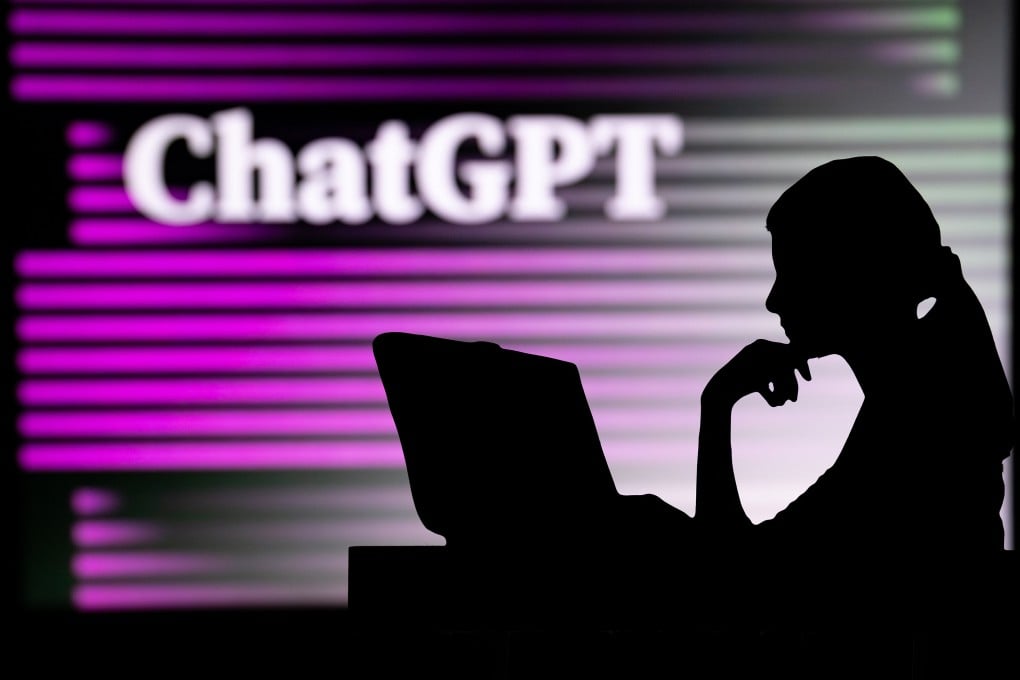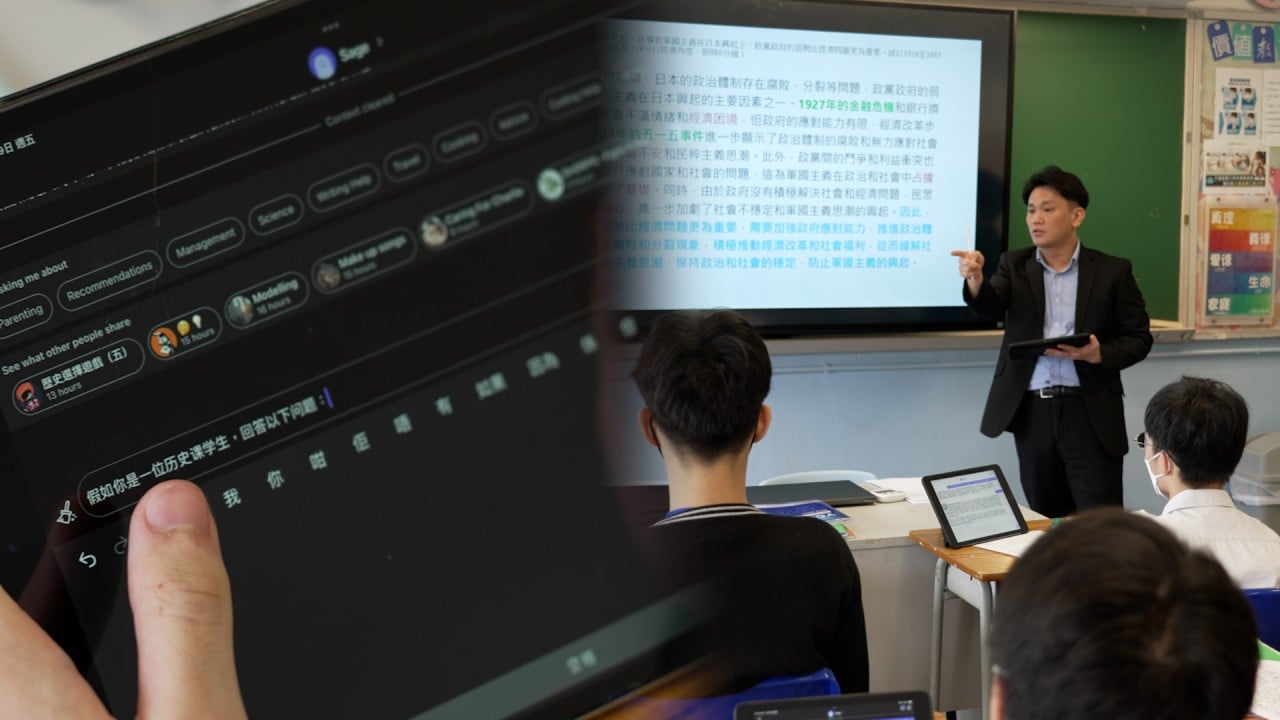Opinion | Should we let AI take over mundane work? Not so fast
- It may seem that outsourcing tasks to generative AI like ChatGPT could increase productivity
- However, it might actually limit the supplementary learning that occurs when people do certain tasks, so AI must be deployed with care

For example, a study by researchers from US universities published in May found that when answering random patient questions from a social media platform, ChatGPT outperformed physicians in terms of both quality of information and empathy. And OpenAI has a said GPT4, the state-of-the-art model underlying ChatGPT Plus, could score in the top 10 per cent in the SAT reading exam for college admissions, the GRE verbal test for graduate school admissions and the uniform bar exam for lawyers.
This case raises an important question: how does generative AI affect human capability when people no longer need to develop logical arguments and verify facts when creating content?
Using generative AI to produce work is akin to outsourcing it to other people. Thus, we can infer its impact on human capability by referencing outsourcing.


